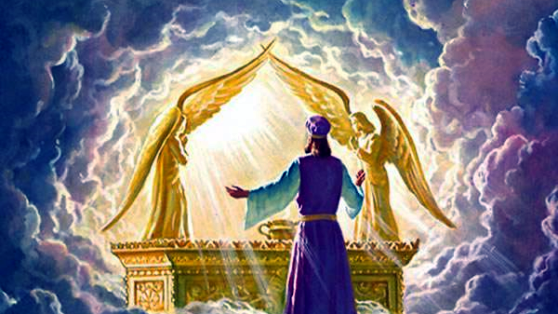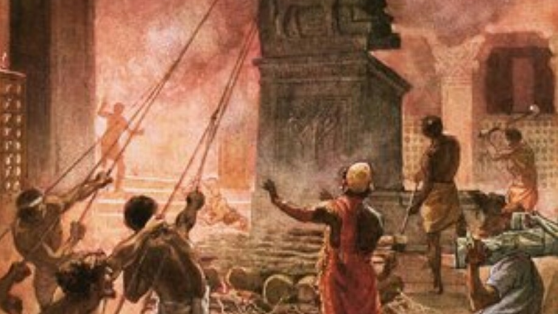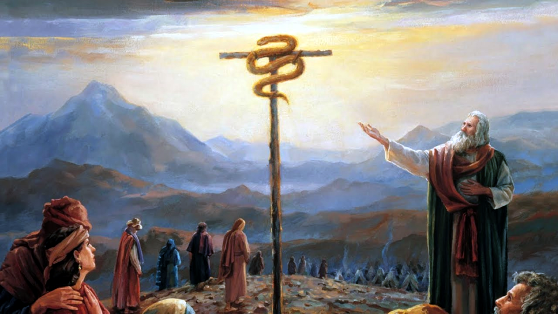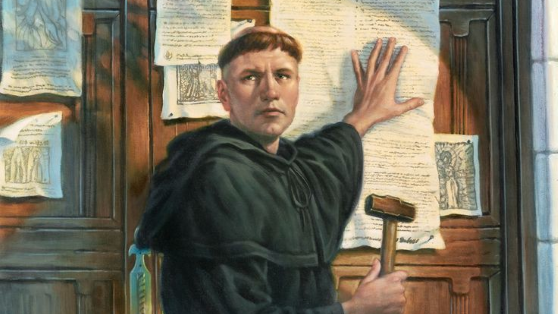On this Christmas Eve, we celebrate the birth of Jesus Christ, who came to the world as fully God and fully man. Yet centuries before the birth of the Messiah, there was no person to declare, “Behold the lamb of God, who takes away the sin of the world!” (John 1:29). There was only an expectation of God’s promise, with some prophetic puzzle pieces that could not be truly assembled without the full revelation of Jesus Christ. However, that expectation had fallen into deep depression during the Babylonian captivity.
Reformation Day, 631 B.C.: King Josiah
On this day, October 31, we celebrate the moment when Martin Luther posted his ninety-five theses and made a stand against the darkness and deception that had permeated the spiritual landscape. But over two thousand years before Martin Luther, another reformation took place. It was not a common Augustinian monk calling for a faculty meeting, but a king in the line of David: Josiah. And what was posted on the king’s door, so to speak, was not a document of concerns about religious traditions. Rather, it was the plain and open Law of God: the book of Deuteronomy.
The Bronze Serpent
I recently had the privilege of teaching Sunday School, and the lesson centered on the story of the bronze serpent in Numbers 21. It was the perfect illustration of God as just and the justifier, and it was exactly what I needed after our lesson two weeks before on the divine execution of Nadab and Abihu (Leviticus 10).
There was one child in the class who exclaimed, “Why was God so hard on those people? It was just one little mistake. That’s not fair!”
Now, that exclamation stuck with me for two weeks because I had to answer it in more detail than my short time allowed. At the heart of the question was this: how can God be both just and the justifier? How can he save sinners when he must punish iniquity?
Here I Stand
Exactly 500 years ago on this day, October 31, an audacious monk and professor named Martin Luther stamped his Ninety-Five Theses on the door of the Wittenberg Castle church in Germany. In this, Luther called into question the sale and legitimacy of indulgences (sheets of paper sold by the Church that allegedly absolved people of their sins). Soon after, he preached that popes and councils have no authority outside of the bounds of Scripture, and that salvation is only granted by the grace of God through faith alone.




